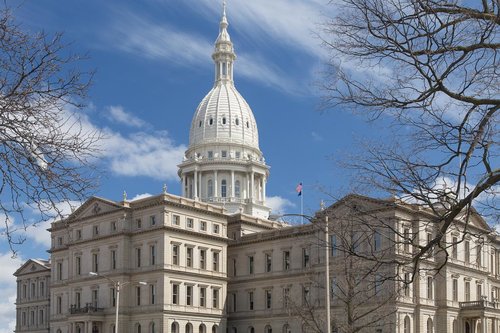You may have read or seen on TV that our state legislature is taking another crack at reforming Michigan’s no-fault auto insurance law. Over the past ten years there have been multiple failed attempts to pass reform legislation. It appears, at least at this juncture, that this time around the proposed legislation may have a better chance of going somewhere.
You may have read or seen on TV that our state legislature is taking another crack at reforming Michigan’s no-fault auto insurance law. Over the past ten years there have been multiple failed attempts to pass reform legislation. It appears, at least at this juncture, that this time around the proposed legislation may have a better chance of going somewhere.
What are the issues? Michigan is the only state in the country that requires owners of all registered vehicles to have unlimited medical coverage on their auto policy. This coverage, known as Personal Injury Protection, pays for medical expenses (regardless of who caused the accident) without any maximum time or dollar limit. Because of this extraordinary mandated benefit, auto insurance premiums in Michigan are some of the highest in the country.
What are they trying to change? There are actually two competing legislative bills being debated, but the main points of both include the following proposed changes:
- Allow policy holders to choose an amount of medical benefits. Options could include unlimited (like all policies are now), $1,000,000, $500,000, and $250,000. Choosing a lower coverage amount should reduce claim costs and premiums to some extent, but some studies indicate premium savings from allowing drivers to choose lower coverage limits would be minimal.
- Implement a medical fee schedule. Currently, there are no limits on the fees medical providers can charge an auto insurance company for services provided to people injured in auto accidents. Other types of medical insurance, such as Medicare, workers’ compensation, and group health insurance, have fee schedules that limit how much is paid for specific medical services. The lack of a fee schedule in auto insurance allows medical providers to charge several times the amount they would charge under other medical insurance plans. For example, fixing a broken arm might cost $2,000 if paid by a group health insurance policy, but it could be billed at $8,000 under an auto policy. Implementing a fee schedule probably has the best promise of actually reducing claim costs and premiums.
Who opposes these changes? Groups that oppose these changes include trial lawyers, medical service providers, and groups who believe the unlimited coverage currently provided is instrumental in saving and improving the lives of people who are critically injured in auto accidents.
We feel that giving consumers a choice in how much coverage they buy is a positive change, as long as the unlimited coverage option is still available. But we think a more impactful change would be to allow insurance companies to negotiate prices with medical providers and implement a fee schedule on medical services.
Any legislation is far from approved, and many prior attempts to reform no-fault auto insurance have failed, so stay tuned for future updates.
This article was written by Dave Boer.

